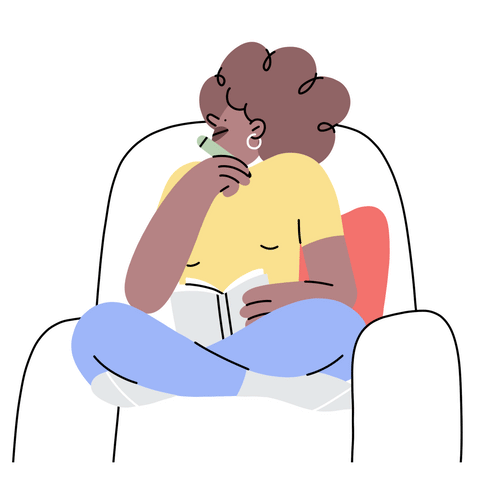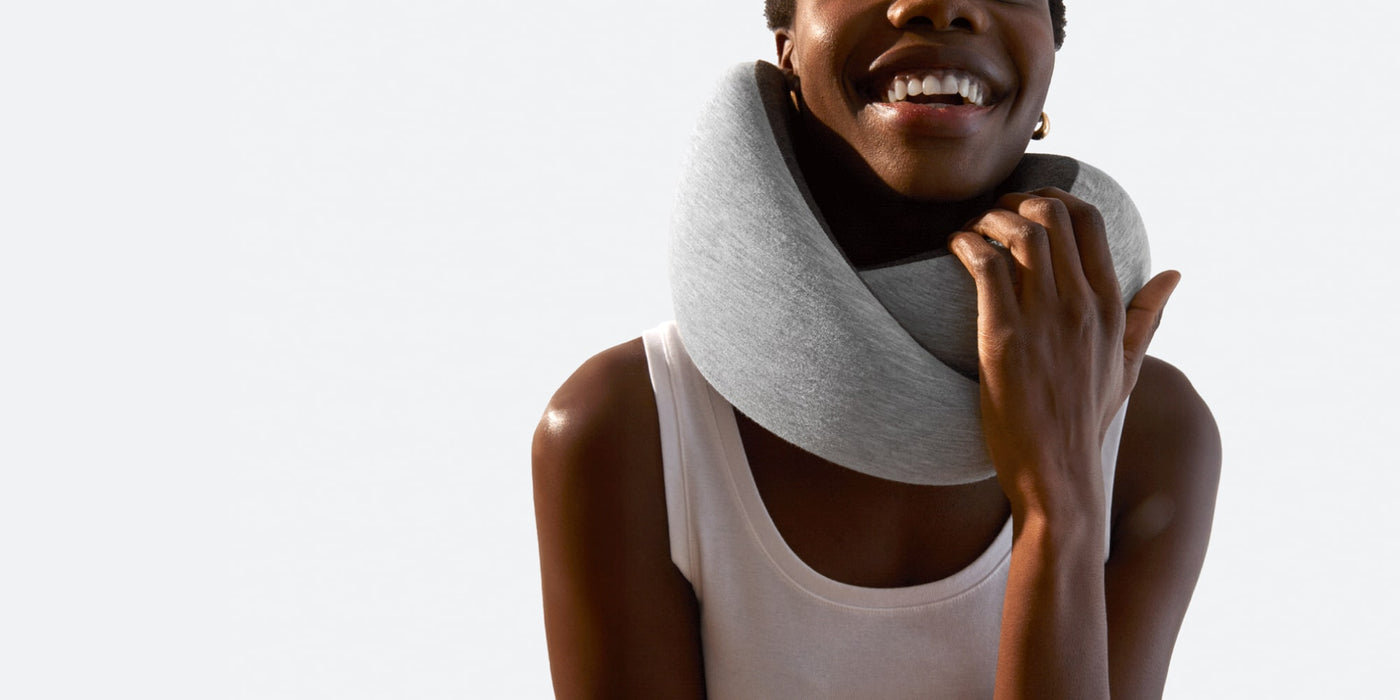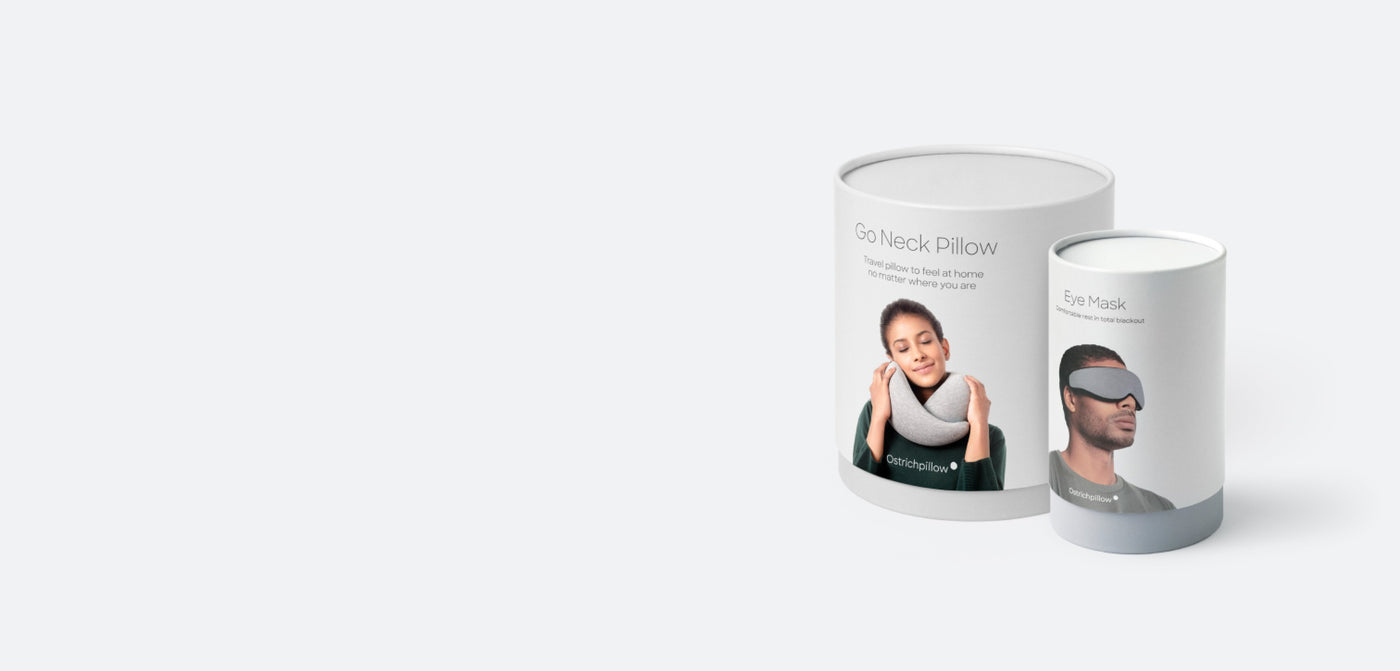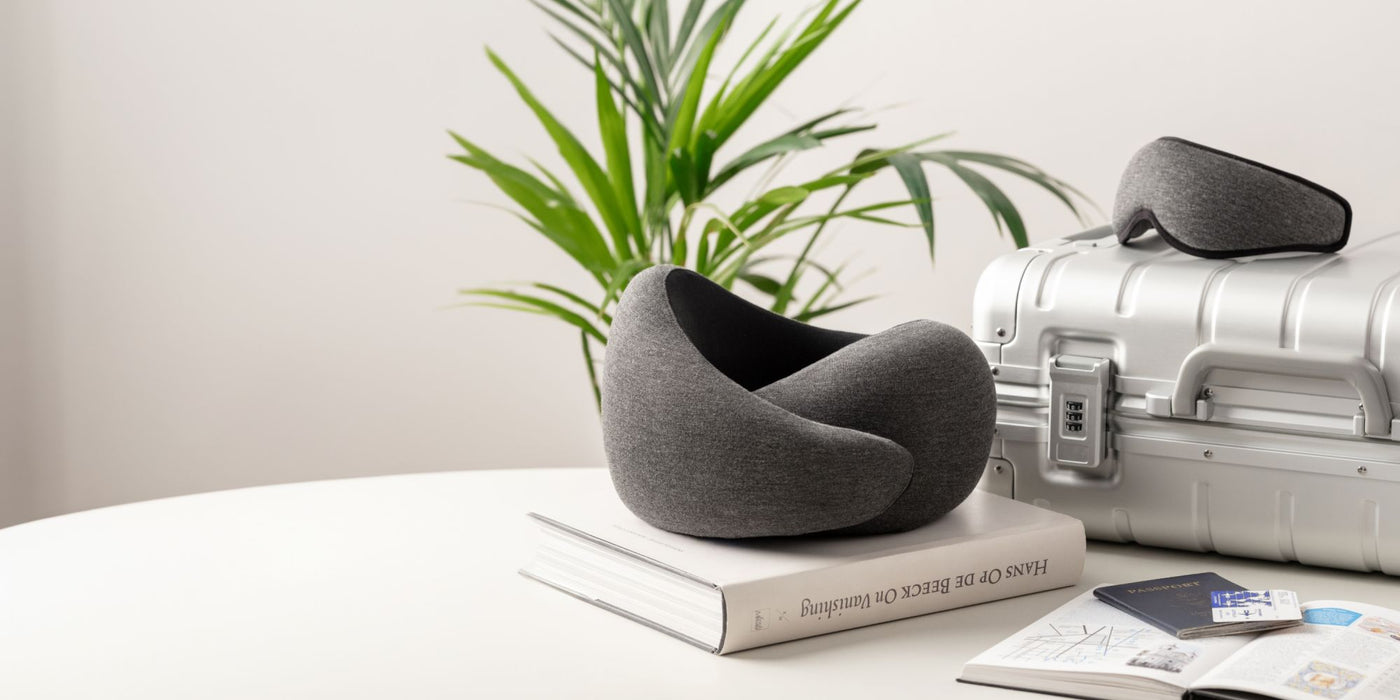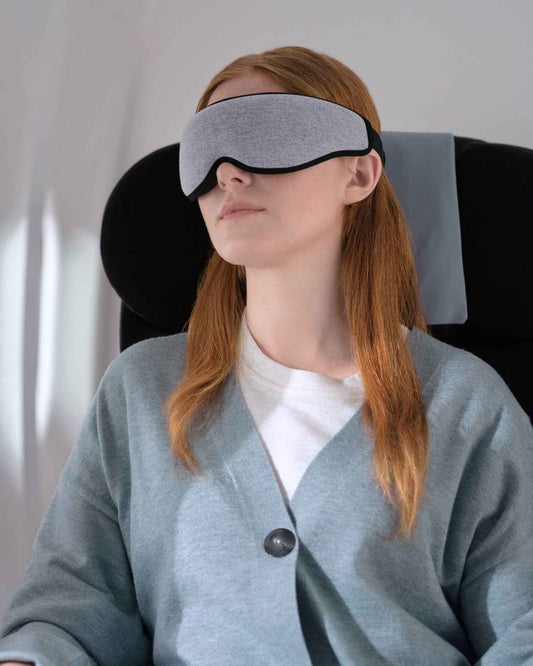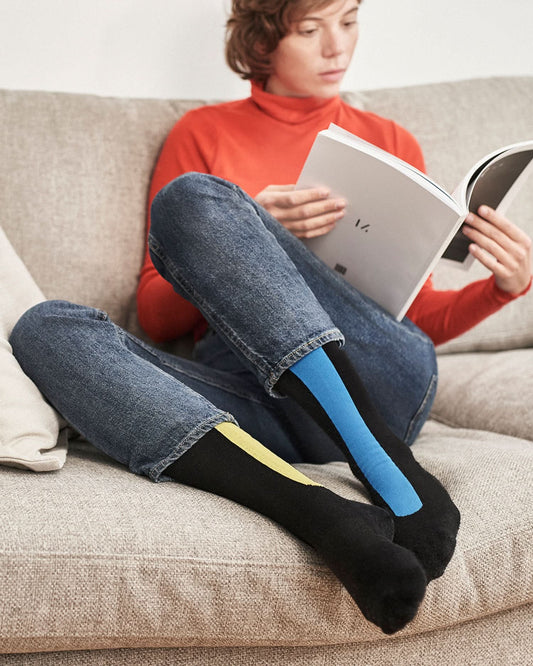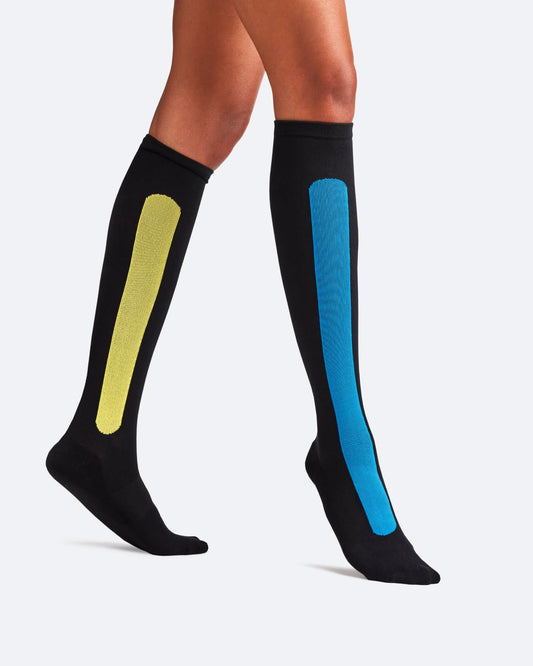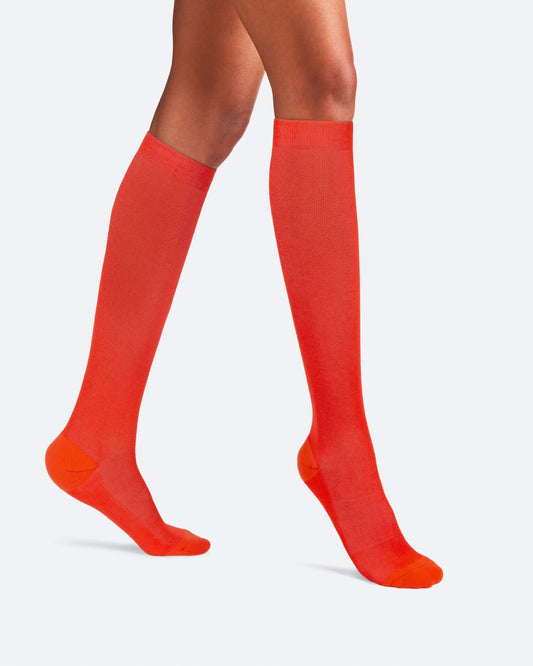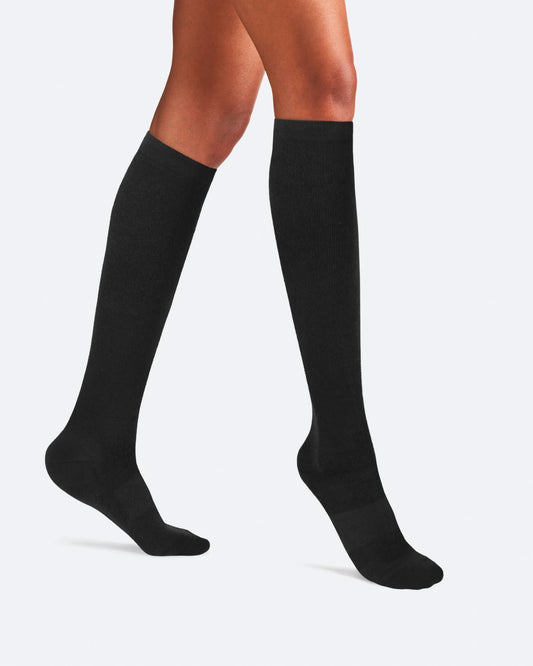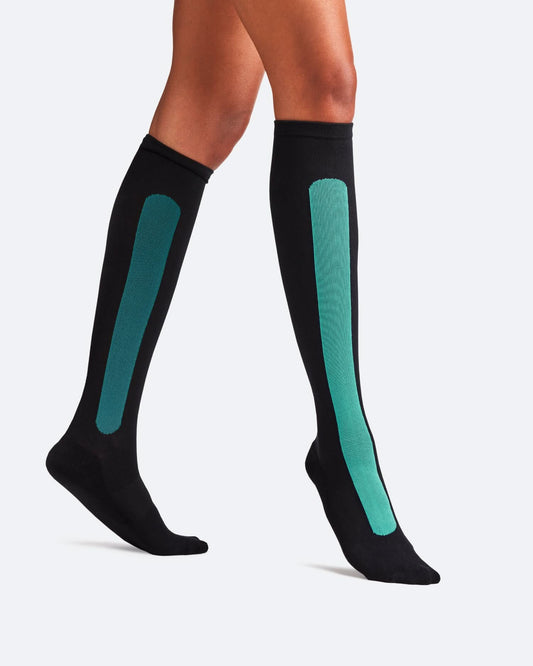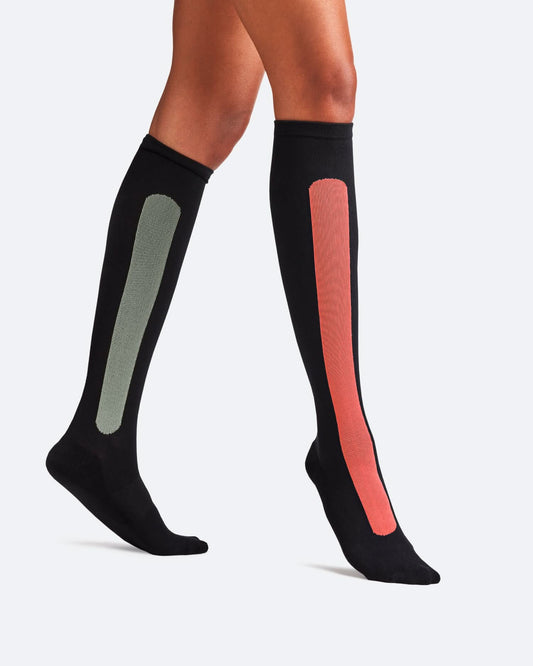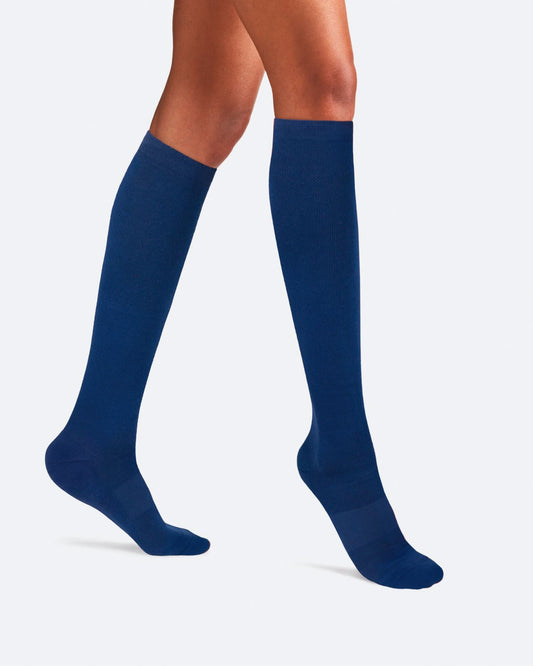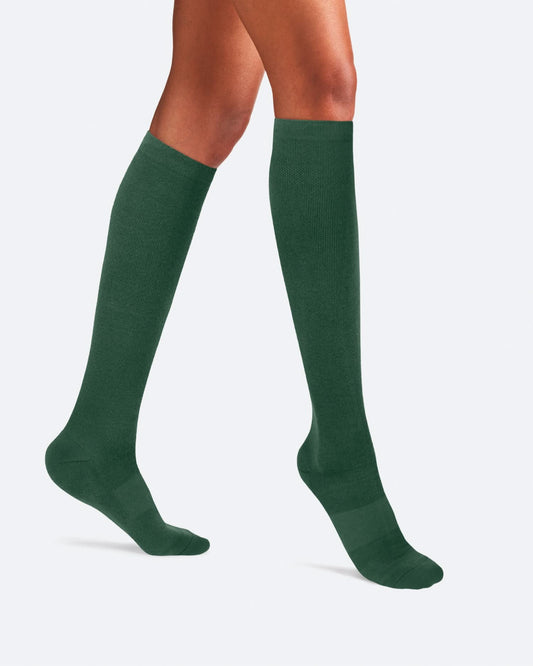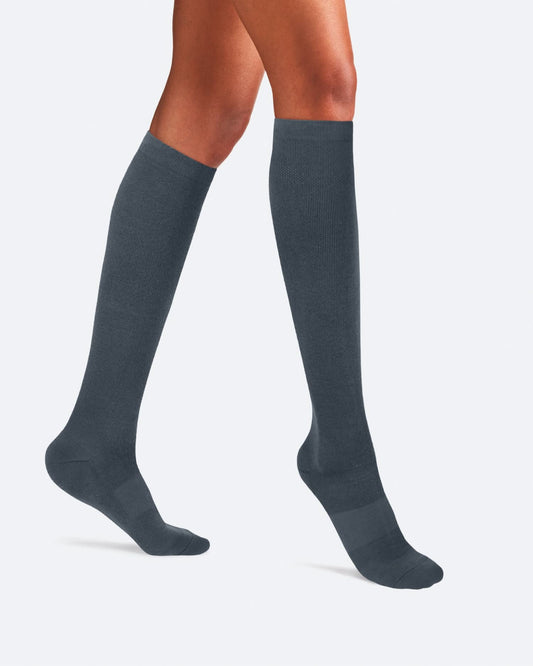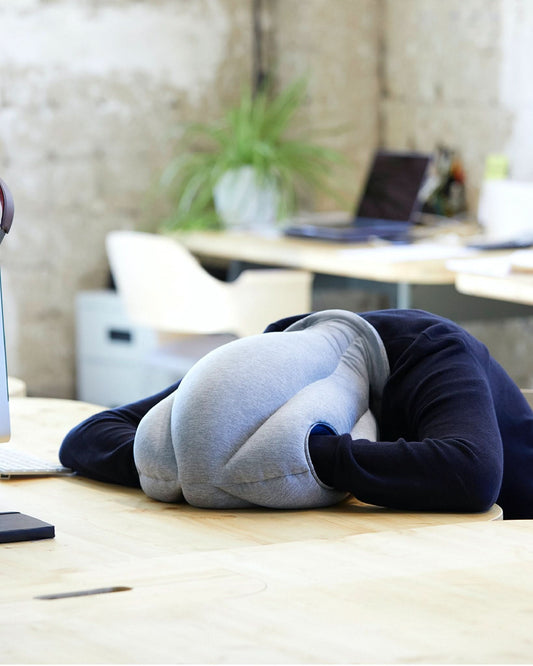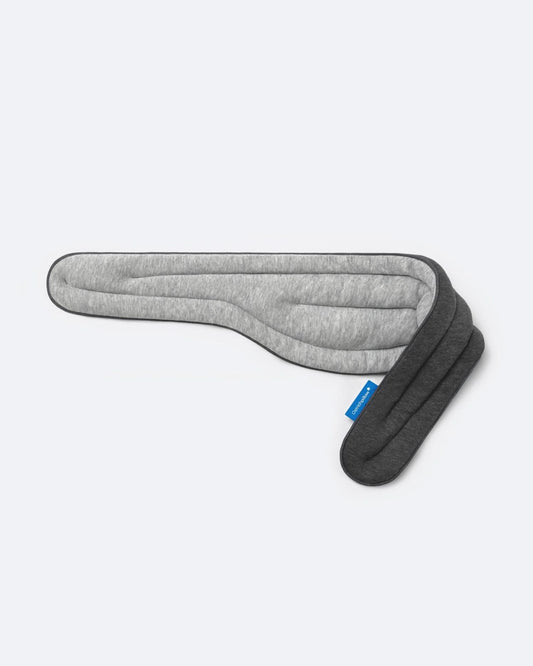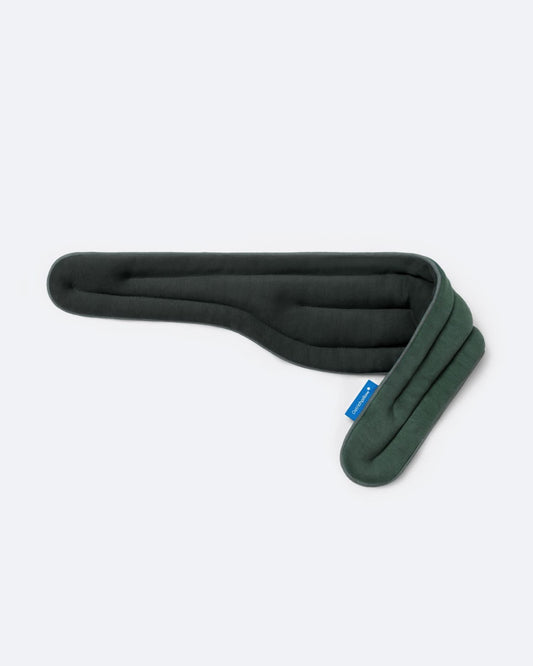
A little hint: much more than a bubble and some glasses of wine
The news is out there: in Ostrichpillow we have begun a new era. After eight years dedicated to helping people get more sleep and rest, we are now going one step further and are committed to enabling contemporary Self-Care. But what is Self-Care?
You've probably asked yourself that same question sometimes, most likely after seeing several posts on your Instagram feed with that particular hashtag: people taking bubble baths, skincare routines, a delicious dinner at a special restaurant... At least that's what we saw, and with each different photo, we asked ourselves again: what is Self-Care? Is it something you do when you're stressed? Something good you do for yourself every day? It shouldn't be hard to define, but it was. So we decided to put aside social media and seek expert opinion on the subject. What we found was very different from what the hashtag showed –and what we thought was true. It was so useful for us that we wanted to compile some of those ideas and definitions in case they might help you. What is Self-Care? Just keep reading.
Self-Care: An Official Definition
If Self-Care seems to consist of taking care of oneself, an approach that seems logical to know what it is about is to consult those who know most about taking care of people: the WHO. So we looked for a definition and this is what we found:
“Self-Care is the ability of individuals, families and communities to promote health, prevent disease, maintain health, and to cope with illness and disability with or without the support of a healthcare provider”.
Described in 2009, this definition is the result of an evolution of the concept that has taken place over decades, as we see here, but always maintaining one main idea: to promote health and well-being, something that is also shared by the UK Department of Health in its definition described in 2005:
“Self care is a part of daily living. It is the care taken by individuals towards their own health and well being, and includes the care extended to their children, family, friends, and others in neighbourhoods and local communities”.
The history of the Self-Care
Although institutional definitions are appropriate, they do not seem to fit the contemporary idea of Self-Care. But the concept has evolved a lot since it was first used in the 1980s.
In 1988, black writer and queer activist Audre Lorde revolutionized the term by declaring self-care as a powerful act. "Taking care of myself is not self-indulgence, it is self-preservation, and that is an act of political warfare," she wrote in her book of essays ‘A Burst of Light’.
The years went by, the meanings of words like wellness developed and went from referring to a niche trend to being part of a global industry. Meanwhile, the medical community continued to recommend the practice of Self-Care, especially to maintain mental health. But it was in 2016, after the U.S. presidential election, when searches for the concept on the Internet soared, becoming an instant success that has caused the basic idea to fade away in the midst of the buzz. That's why we keep searching until we find the answers from the experts.

Self-Care: the contemporary idea
“My definition of self-care is different than anyone else’s definition, and that’s kind of the point. There’s no one definition. It all comes down to how you take care of yourself in order to equip yourself with the tools you’ll need for your physical, mental, and emotional health”. This significant non-definition is from Anna Borges, senior health editor for Self magazine and author of the book ‘The More or Less Definitive Guide to Self-Care’, who in this New York Times article addresses such interesting ideas about Self-Care as “My self-care routine is very much that: It’s a routine. What I’ve learned in the past is if I make decisions based on how I’m feeling at the moment, I will make bad decisions”.
That idea of not getting carried away by emotions and looking for instant solutions to problems is also shared by Gracy Obuchowicz, a Self-Care coach, in this interview for Healthline: “When a lot of people think about self-care, they think about how they can feel better, and numbing in the short term makes you feel better, but self-care is a more proactive response that requires you process what is causing you to numb”. And defines Self-Care as follows: “Self-care is something that when you do it, you wake up the next morning feeling better, while numbing is something that when you wake up the next day, you think, ‘Maybe I didn’t need that extra glass of wine or dessert’”.
There does not seem to be an instruction manual for the Self-Care, but there are some key ideas, as Laura Khoudari, writer and personal trainer, explains: “Self-Care is anything you do for yourself to take care of your health — both physical and mental. Just about anything can be Self-Care, it is not the act as much as the intention behind the act”.
What is Self-Care?
Although there is no common definition, there are some common ideas: something personal, recurring over time, and not destined to make us perfect, but better, both physically, mentally, and spiritually. Concepts that we at Ostrichpillow have assimilated to generate our own idea of Self-Care: a long-term goal that is made up of countless micro-moments; rituals and habits that make taking one’s own wellbeing and happiness into one’s own hands second nature.
And now our purpose is to make this easy for you.
What is Self-Care? We'd love for you to discover it with us.
Want to feel good?
At Ostrichpillow we're all about Self-Care and wellbeing. Join our community and you'll receive special offers and inspiration fresh to your inbox.
